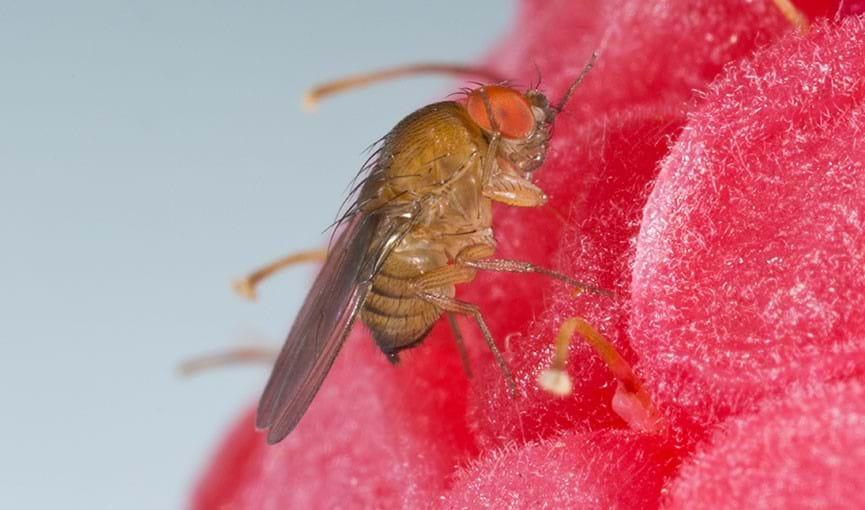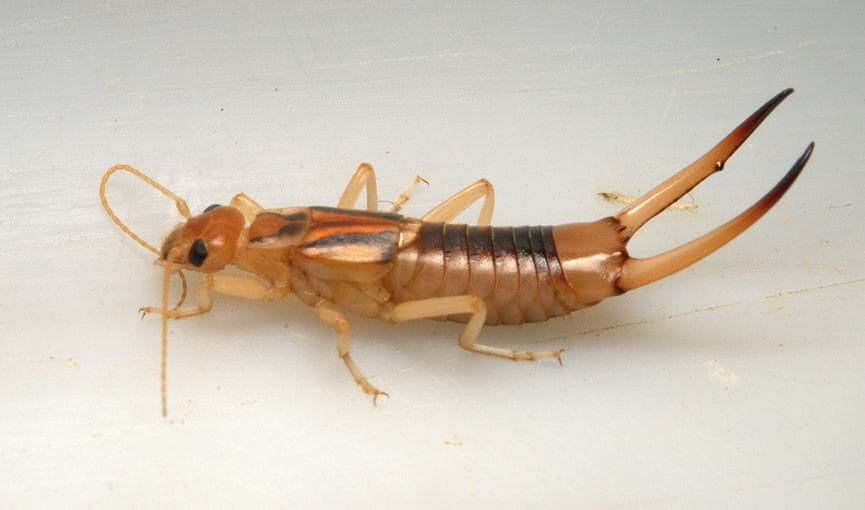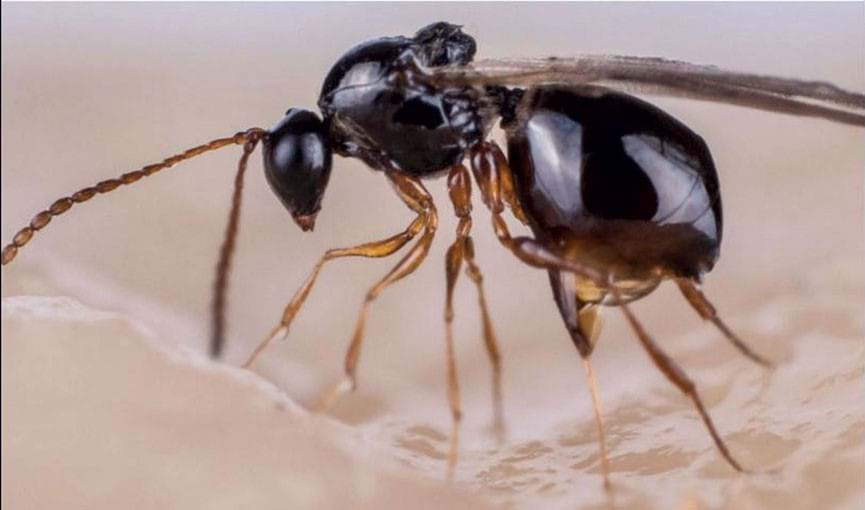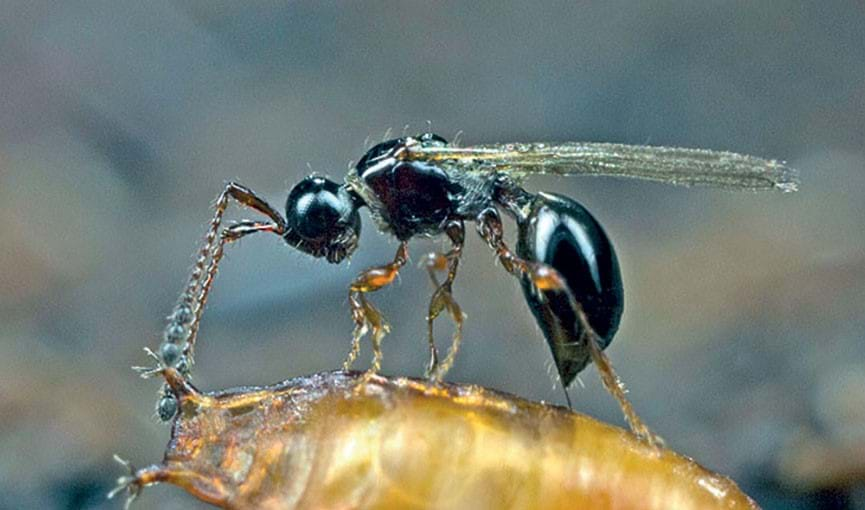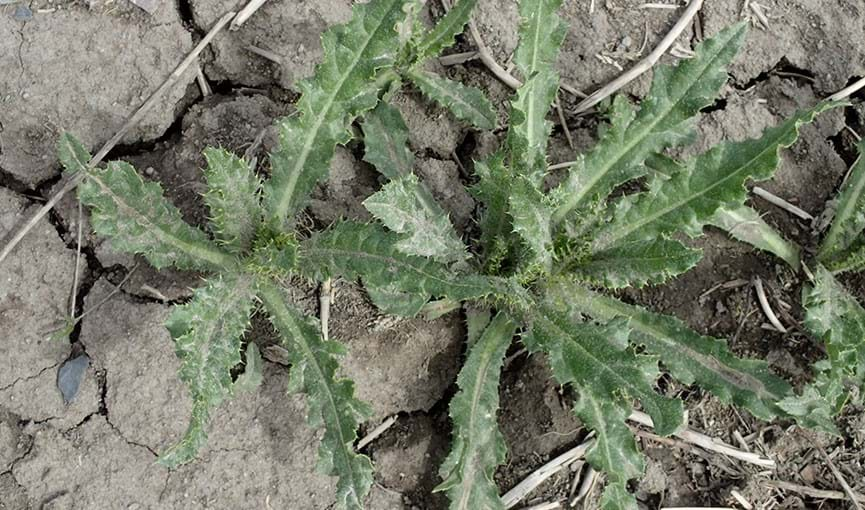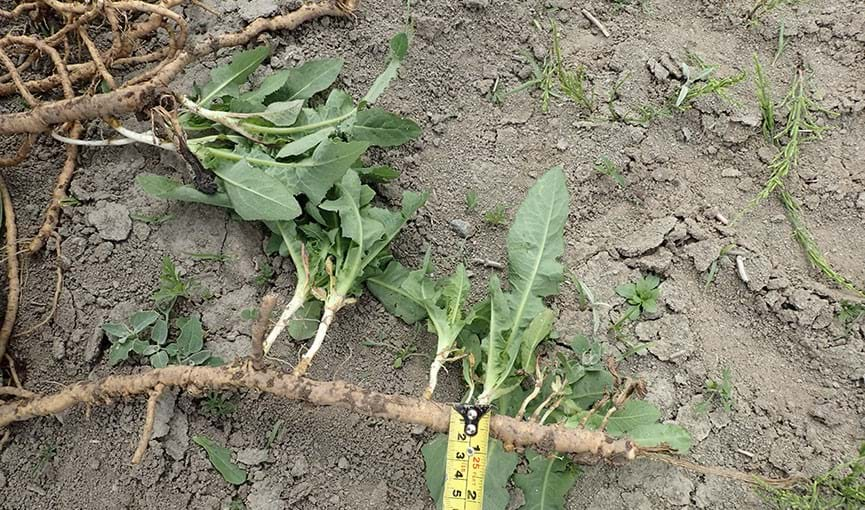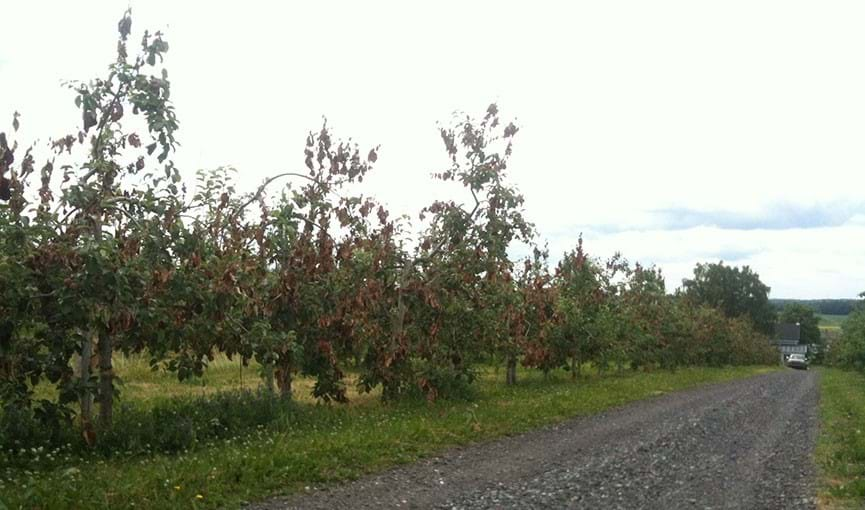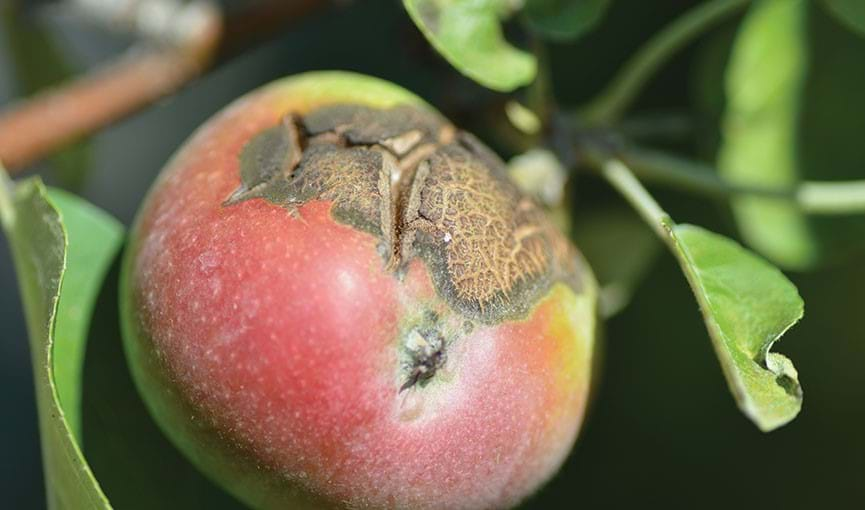Pest, weed, and disease control
Effective strategies
To this end, IRDA is developing new and effective strategies to protect the environment and the health of workers, while ensuring the profitability of farmers engaged not only in organic farming, but also in conventional or sheltered farming.
Mechanical weeding, alternative methods, integrated fruit production, and biopesticides
IRDA is actively working on weed management by evaluating the effectiveness and profitability of different tools and mechanical weeding systems. Our team seeks to alleviate some of the financial risk associated with the purchase of this equipment by producers. We do this by calculating the returns on investment and speeding up the deployment of this type of equipment throughout Québec’s agricultural sector. With our expertise in undesirable plants, we are able to propose effective suppression techniques—including biofumigation—to reduce weed pressure.
For example, IRDA’s efforts to develop and promote eco-friendly practices has led it to
- work on the release of parasitoids by drone to control insect pests;
- develop a potassium bicarbonate based treatment to protect apple trees against scab disease; and
- take an interest in sterile insects and develop a method for classifying pesticides based on their impact on the environment, health, and wildlife. With this tool, which is updated yearly, apple, blueberry, strawberry, and raspberry growers can make informed choices on how to protect their crops from insects, weeds, and diseases.
In addition, IRDA also provides services to companies seeking to have their products registered. Its state-of-the-art laboratories can perform the various tests required by regulatory agencies.
By 2017, 137 Québec orchards, an area equivalent to 2,800 football fields, had adopted mating disruption to control codling moths.



